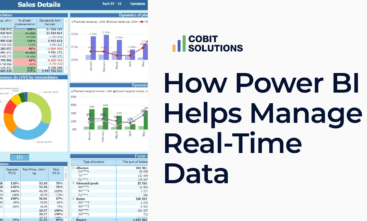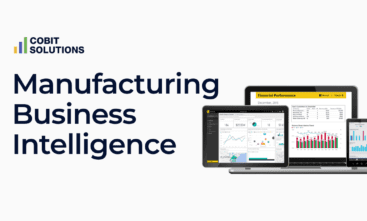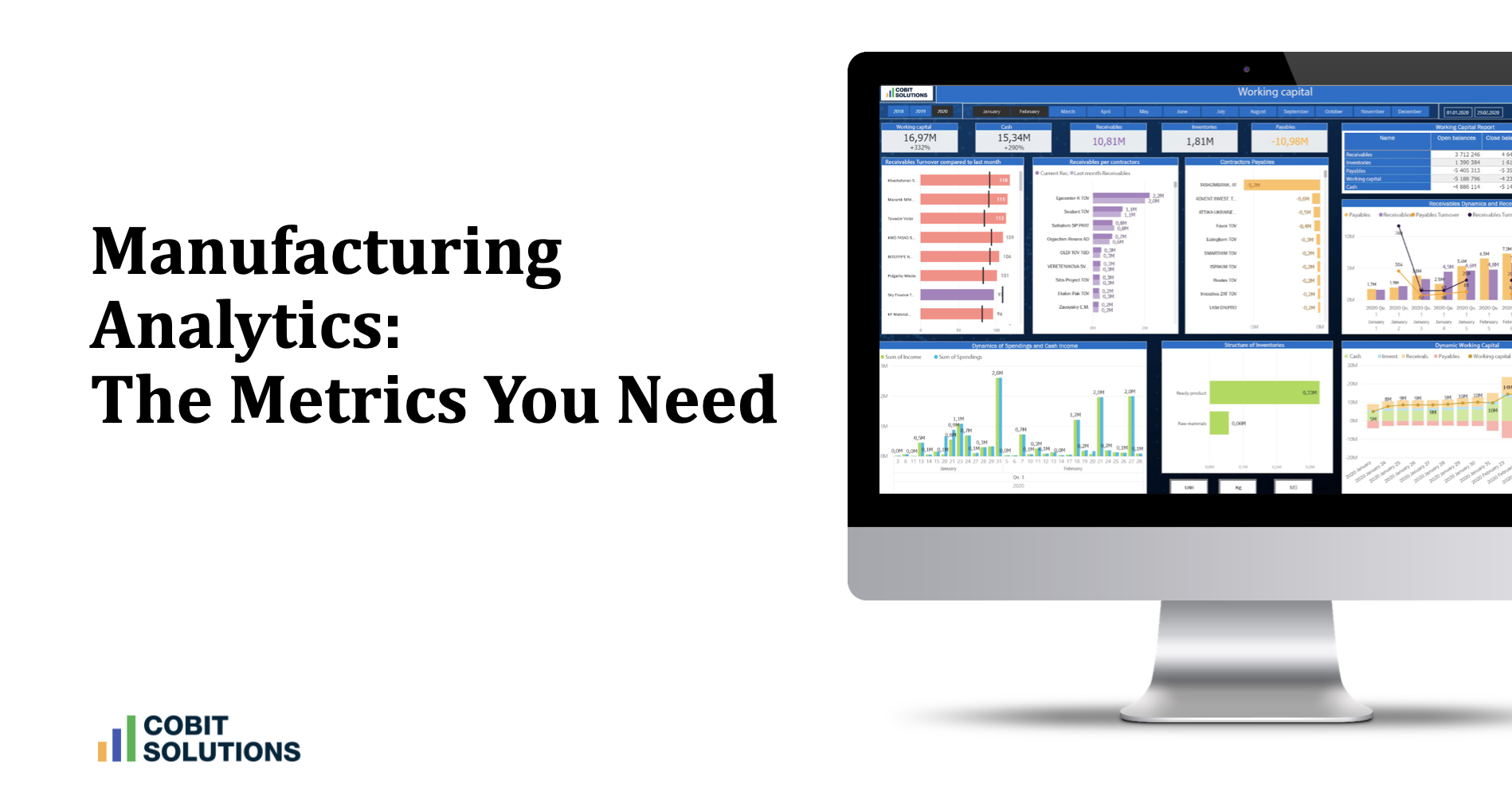
In the modern manufacturing landscape, data-driven decision-making is essential for maintaining a competitive edge. Manufacturing analytics provides the insights necessary to optimize operations, reduce costs, and enhance product quality. By leveraging manufacturing analysis, companies can identify key performance metrics that drive success. I
In this blog, we’ll explore the essential metrics you need to focus on for effective manufacturing analytics.
In this blog post, we will explore the concept of Manufacturing Data Analytics and its key metrics in the modern manufacturing industry.
What Is Manufacturing Analytics?
Manufacturing analytics refers to the systematic approach of collecting, processing, and analyzing data from various manufacturing processes. This data-driven strategy empowers manufacturers to gain insights into their operations, enabling better decision-making and optimization. Analytics in manufacturing involves using advanced tools and techniques to interpret data from machinery, sensors, and supply chain systems, ultimately driving improved efficiency and productivity.
Table of Contents
Manufacturing Analytics Explained
Manufacturing analytics is about transforming raw data into actionable insights. It involves the use of analytics for manufacturing to monitor and analyze various aspects of production, from machine performance to supply chain efficiency. By integrating data from different sources, manufacturers can create comprehensive dashboards that provide a holistic view of their operations. This allows for real-time monitoring and quick responses to any issues that arise.
How Does Manufacturing Analytics Work?
Manufacturing analytics operates through a series of well-defined stages:
Data Collection:
Gathering data from various sources within the manufacturing environment, including IoT devices, ERP systems, and SCADA systems.
Data Integration:
Combining data from different sources into a centralized database to ensure seamless connectivity and consistency.
Data Processing:
Data cleaning and transformation to prepare the data for analysis.
Data Analysis:
Using advanced analytical tools and techniques to examine patterns, predict trends, and uncover hidden insights.
Visualization:
Creating interactive dashboards that display key performance indicators (KPIs) and metrics to provide a clear view of operations.
Actionable Insights:
Making informed decisions based on the insights gained from data analysis.
Goals of Manufacturing Analytics
The primary goals of manufacturing analytics are to enhance operational efficiency, reduce costs, and improve product quality. By focusing on these goals, manufacturers can achieve:
Optimization ⚙️
Streamlining production processes to eliminate inefficiencies and maximize output.
Cost Management 💸
Identifying areas where costs can be reduced without compromising quality.
Supply Chain Efficiency 🚚
Improving inventory management and supplier performance to ensure timely delivery of materials and products.
Quality Improvement 🏆
Ensuring products meet high standards and customer expectations.
How to Implement Data Analytics in Manufacturing
Implementing analytics in manufacturing sector requires a strategic approach:
➡️ Define Objectives: Clearly outline the goals you want to achieve with analytics.
➡️ Select the Right Tools: Choose analytical tools and technologies that fit your needs and budget.
➡️ Data Collection: Gather data from various sources within the manufacturing environment.
➡️ Data Processing and Analysis: Use advanced analytical techniques to process and analyze the data.
➡️ Visualization and Reporting: Develop dashboards and reports that provide real-time insights into key metrics and KPIs.
➡️ Continuous Monitoring and Improvement: Continuously monitor the results and make adjustments as needed to ensure ongoing optimization.
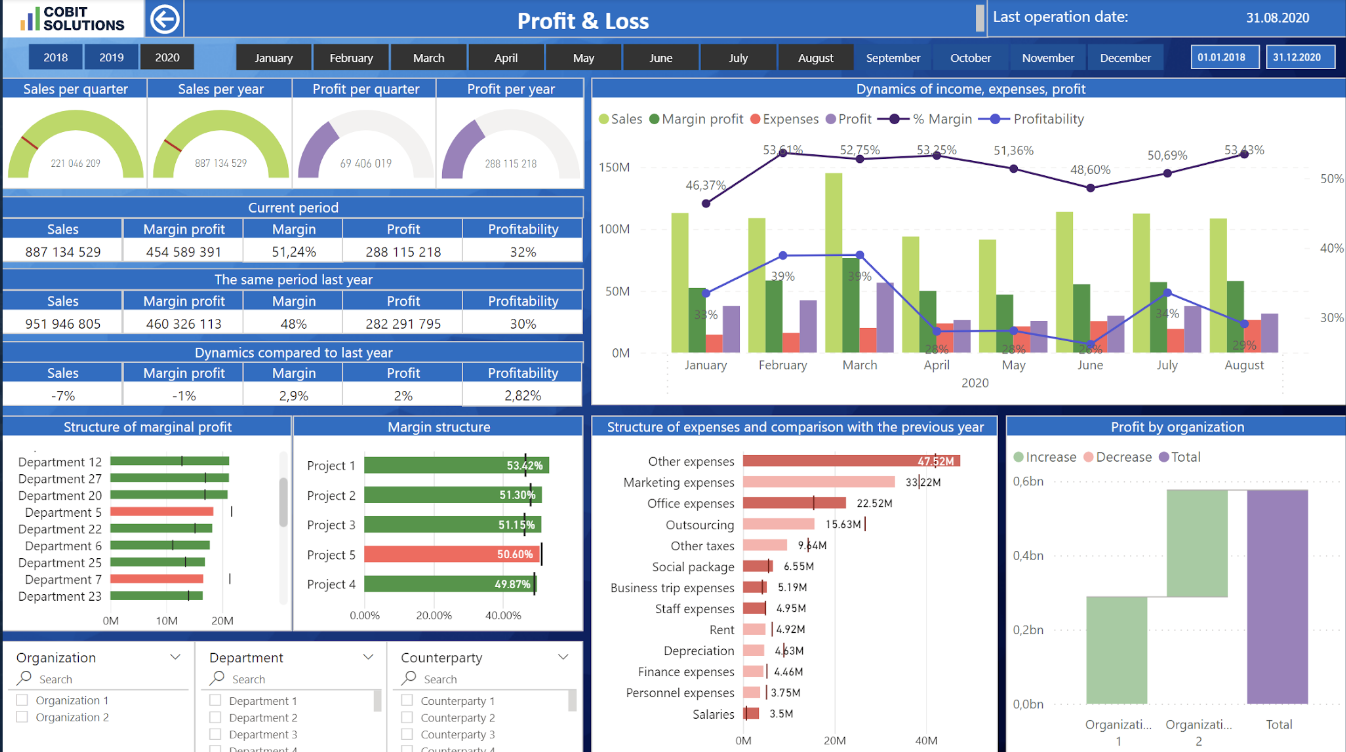
Benefits of Manufacturing Analytics
Manufacturing analytics offers numerous benefits that can transform the way manufacturers operate:
Lowered Expenses 💰
Analytics in manufacturing industries helps identify inefficiencies and optimize resource utilization, leading to significant cost savings. Predictive maintenance, for example, allows manufacturers to anticipate equipment failures and schedule maintenance proactively, reducing downtime and repair costs. Additionally, energy management analytics help optimize energy usage, further lowering expenses.
Enhanced Income 📈
Analytics for manufacturing companies enables smarter decision-making and improved production efficiency, leading to increased revenue. By analyzing data from production processes, manufacturers can optimize production schedules, manage inventory levels, and improve product quality. This results in faster time-to-market and higher customer satisfaction, ultimately boosting income.
Additional Advantages
Beyond cost reduction and increased revenue, manufacturing industry analytics offers additional advantages:
- Market Responsiveness: By analyzing market trends and customer preferences, manufacturers can respond quickly to changes in demand.
- Innovation: Data-driven insights enable manufacturers to innovate and develop new products that meet evolving customer needs.
- Risk Management: By predicting potential issues before they occur, manufacturers can mitigate risks and avoid disruptions.
- Compliance: Ensuring manufacturing processes comply with industry regulations and standards, reducing the risk of non-compliance.
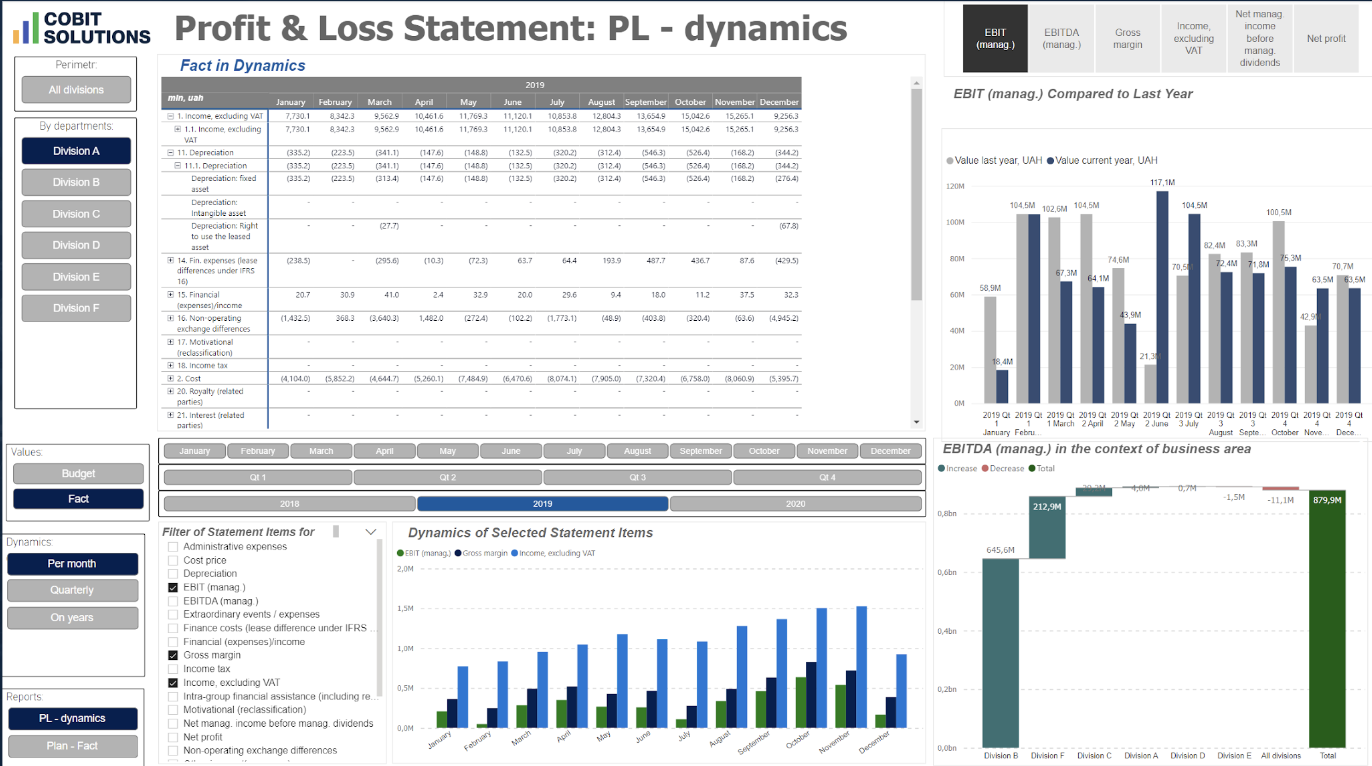
The Future of Manufacturing Analytics
The future of analytics in manufacturing industry looks promising, with advancements in AI, machine learning, and IoT driving innovation. As these technologies continue to evolve, manufacturers will have access to even more sophisticated tools and techniques for analyzing data.
The next phase of analytics manufacturing will focus on greater integration and automation. By connecting analytics with other technologies, such as robotics and automation, manufacturers can achieve higher levels of efficiency and productivity. This integration will enable seamless data flow across the entire manufacturing ecosystem, from production lines to supply chains.
Additionally, the rise of edge computing and real-time analytics will allow manufacturers to process data closer to the source, reducing latency and enabling faster decision-making. This will be particularly beneficial for applications that require immediate responses, such as predictive maintenance and quality control.
Working with Cobit Solutions will let your company use innovative Power BI tools to convert data into strategic insights. Our services are meant to maximize company operations, improve financial control, and offer thorough access to several performance criteria.
Our tailored Dashboards for Manufacturing offer the depth and adaptability needed to support wise decision-making all around your business. Our solutions are made to fit your requirements regardless of your objectives—that of better financial forecasts, simpler reporting systems, or improved customer analytics.

The developed perfectly looking Bl templates allow our clients to quickly build their first report in Power Bl and include the most relevant KPIs for reports. – Anna Odrynska, CSO at Alpha Serve

Get in Touch with Us
Ready to use data analytics to revolutionise your manufacturing processes? For professional Microsoft Power BI consulting services, get in touch Cobit Solutions right now. Let us assist you to create unique Power BI manufacturing dashboards and discover the whole possibilities of your data.
The benefits and importance of data analytics in manufacturing are clear. By leveraging data analytics, manufacturers can optimize operations, reduce costs, and improve product quality. From predictive maintenance to demand forecasting, data analytics offers a wide range of applications that drive efficiency and competitiveness. As the manufacturing industry continues to evolve, the role of data analytics will only become more critical.
At Cobit Solutions, we specialize in helping manufacturers implement robust data analytics solutions tailored to their specific needs. Ready to harness the power of data analytics in your manufacturing processes? Contact us today to learn how we can help you achieve your business goals.
Developing the business becomes more comfortable when you regulate the workflows according to the fast reports with interactive analytics.
Dashboards creation

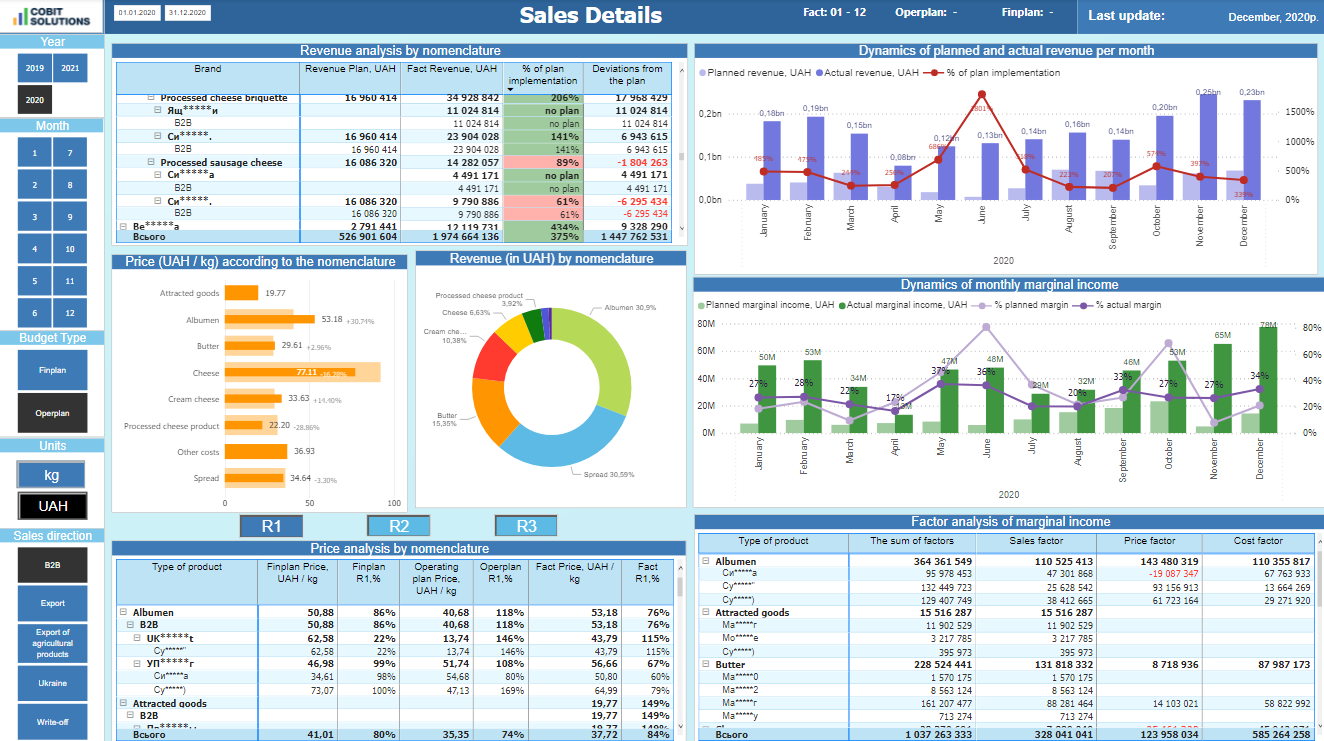
You might also be interested in the article by the owner of Cobit Solutions Why does my company need business intelligence?
Read more on real cases of BI system implementation in different industries on our Blog




